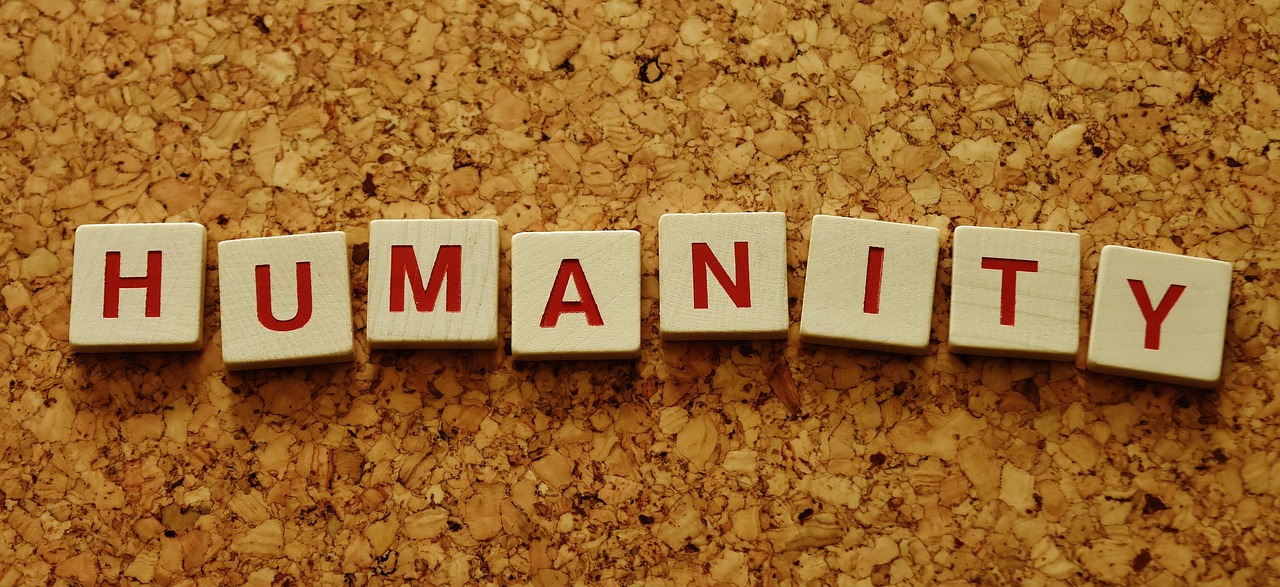In today’s fast-paced world, effective communication is essential for personal and professional success. Clear communication helps to convey ideas, share information, and build relationships. However, many people struggle with expressing themselves in a way that others can easily understand. This article aims to provide insights into improving communication skills, making interactions more productive and fulfilling.
Understanding the Basics of Communication
Communication involves not only the words we use but also our body language, tone of voice, and listening skills. To communicate effectively, it’s important to consider the audience and tailor the message accordingly. Whether in a business meeting, casual conversation, or written correspondence, clarity is key. Avoid jargon and complex language that may confuse the listener or reader.
Active listening is another crucial component of effective communication. It involves genuinely paying attention to the speaker and understanding their message. This not only helps in grasping the content but also shows respect and empathy towards the speaker. By practicing active listening, individuals can respond more thoughtfully and engage in meaningful discussions.
Furthermore, non-verbal cues play a significant role in communication. Eye contact, facial expressions, and gestures can enhance or detract from the message being conveyed. Being aware of these factors can help in delivering a more impactful message. For instance, maintaining eye contact can create a sense of trust and confidence, while crossed arms may indicate defensiveness or disinterest.
To improve communication skills, consider seeking feedback from peers or mentors. They can provide valuable perspectives on how your message is being received. Additionally, engaging in public speaking or joining groups focused on communication can provide practical experience and build confidence.
In conclusion, effective communication is a vital skill that can lead to success in various aspects of life. By focusing on clarity, active listening, and non-verbal cues, individuals can enhance their interactions and foster better relationships. Taking the time to develop these skills can result in more meaningful conversations, stronger connections, and overall improved effectiveness in conveying messages.

